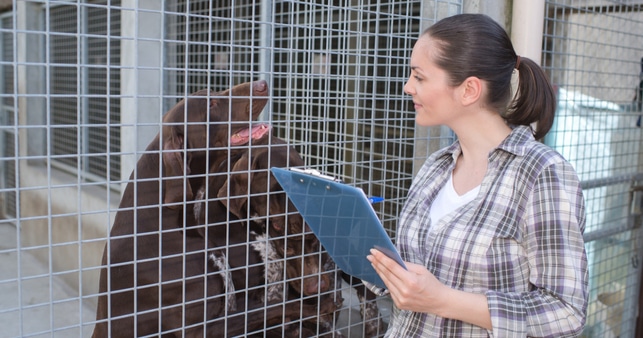
The Fair Work Commission has handed down a landmark ruling on Uber Eats drivers, with potential ramifications for the entire gig economy.
An Uber Eats driver has had their unfair dismissal case thrown out after the Fair Work Commission ruled that the driver couldn’t bring an unfair dismissal – as the Commission found the driver to be a contractor not an employee.
The decision may impact the definition and distance between apps such as Uber Eats and the drivers that use them.
The ruling, made in Adelaide on 23 August, heard a claim of unfair dismissal from a husband and wife team, Mr and Ms Gupta, who were suspended from Uber Eats due to the concerns about their vehicle’s registration.
Between the two of them, they made 2200 deliveries for Uber Eats between late 2017 and early 2019.
After being permanently banned from the app by Uber Eats – due to vehicle registration concerns – Ms Gupta made an unfair dismissal claim to the Commission. Ms Gupta argued that she was an employee of Uber Eats and had been dismissed for no reason.
Uber Eats responded by arguing that Ms Gupta was an independent contractor and was therefore not eligible for unfair dismissal.
While Uber Eats won the case, a previous, similar case, had gone against Foodora. The Commission found in that case that drivers were considered employees, despite the workers not entering into a formal employment contract.
This ruling also comes in the wake of a finding by the Fair Work Ombudsman, in favour of Uber Eats’ parent brand.
The Fair Work watchdog found in June this year that Uber drivers exercised enough control over their work that they fit the definition of contractors. As such, Uber drivers were not entitled to employee entitlements like sick pay, superannuation and annual leave.
“The weight of evidence from our investigation establishes that the relationship between Uber Australia and the drivers is not an employment relationship,” the Fair Work Ombudsman Sandra Parker said.
“For such a relationship to exist, the courts have determined that there must be, at a minimum, an obligation for an employee to perform work when it is demanded by the employer.
“Uber Australia drivers have control over whether, when, and for how long they perform work, on any given day or on any given week.”
The decisions of the Fair Work Commission and Ombudsman are expected to only apply to Uber Eats and Uber respectively, but may be used as guidelines for any further decisions regarding the gig economy.
Related: The gig economy is here to stay. How will it change Australia’s working landscape?



